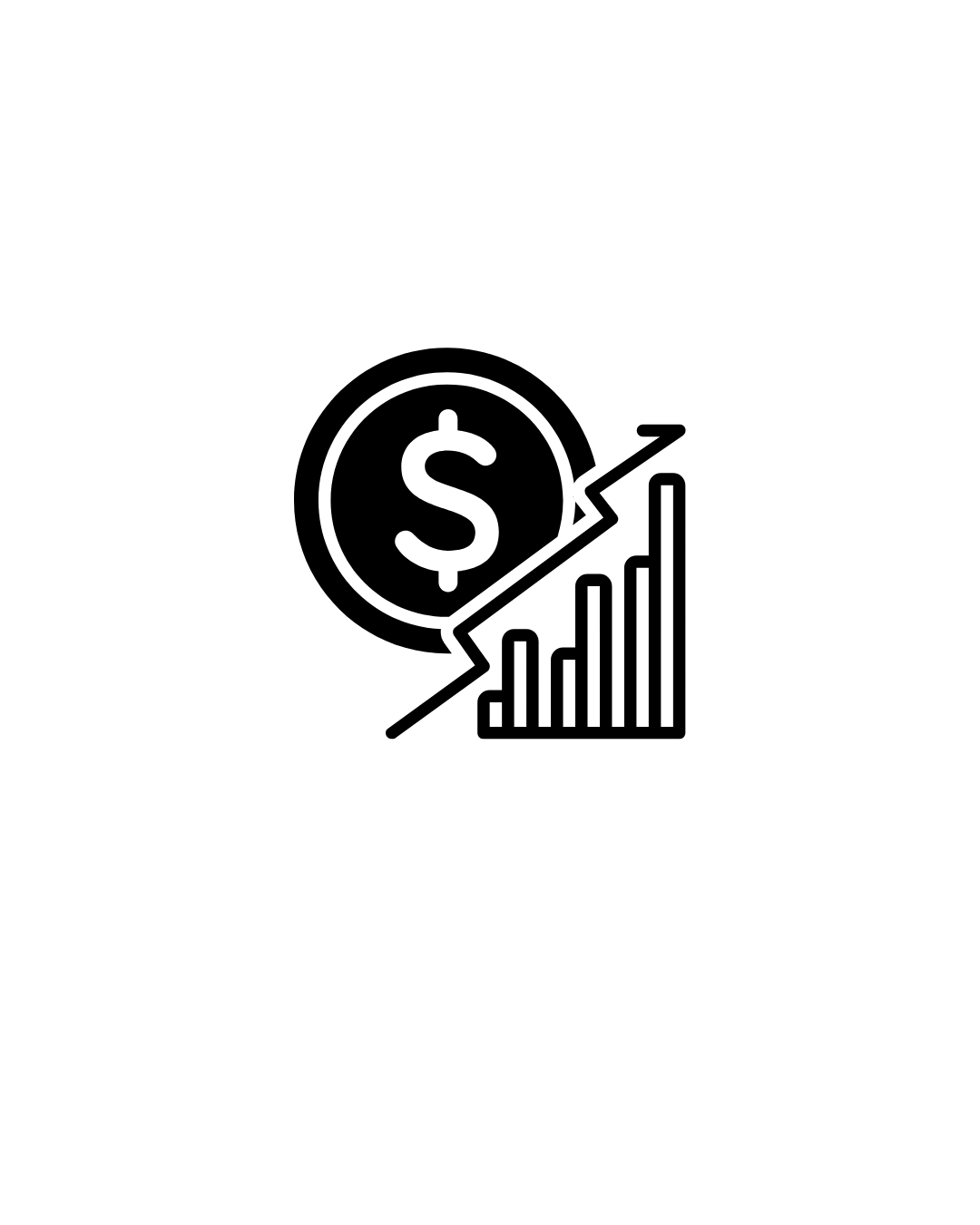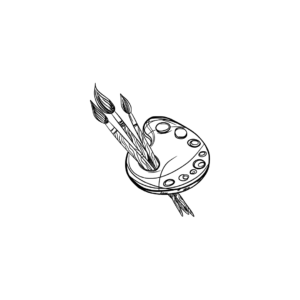Description
A Bachelor of Arts (Honours) in Economics is an undergraduate degree that focuses on the study of economic theories, concepts, and practices. This program equips students with analytical skills to understand and address economic issues and prepares them for various careers in public policy, finance, business, and academia.
Program Overview
Duration: Typically takes 3 to 4 years to complete, depending on the institution and program structure.
Mode: Offered in full-time, part-time, and sometimes online formats to accommodate diverse student needs.
Eligibility: Requires a high school diploma or equivalent, with some programs possibly needing specific subjects like mathematics or economics at the high school level.
Core Subjects
The curriculum for a BA (Honours) in Economics often combines foundational economic theories with applied methodologies. Key areas of study may include:
Microeconomics: Examination of individual consumer and producer behavior, market structures, and the allocation of resources.
Macroeconomics: Study of overall economic phenomena, including inflation, unemployment, and fiscal and monetary policies.
Econometrics: Introduction to statistical methods used to analyze economic data and test hypotheses.
International Economics: Exploration of trade theories, exchange rates, and the global economy’s functioning.
Development Economics: Study of economic growth and development, particularly in low and middle-income countries.
Public Economics: Examination of government policies, taxation, and their effects on economic efficiency and equity.
Economic Theory: Advanced concepts related to game theory, behavioral economics, and other theoretical frameworks.
Research Methods in Economics: Training in qualitative and quantitative research techniques relevant to economic inquiry.
Skills Developed
Analytical Skills: Strong ability to evaluate data, analyze trends, and interpret economic indicators.
Critical Thinking: Development of reasoned arguments and problem-solving skills in addressing economic issues.
Quantitative Skills: Proficiency in using mathematical and statistical tools to analyze economic data.
Communication Skills: Ability to clearly present economic concepts and findings in written and oral formats.
Career Opportunities
Graduates with a BA (Honours) in Economics can pursue various career paths, including:
Economic Analyst or Consultant
Policy Advisor or Researcher (for government or NGOs)
Financial Analyst
Market Research Analyst
Business Development Manager
Investment Banker
Academic Researcher or Educator
Benefits of Pursuing a BA (Honours) in Economics
Comprehensive Understanding: The program offers a solid foundation in both theoretical and applied economics.
Versatile Skill Set: Graduates develop skills applicable in various fields, making them adaptable to different career opportunities.
Foundation for Further Studies: Provides a strong basis for pursuing graduate studies in economics, finance, business, public policy, or related fields.
Additional Considerations
When considering a BA (Honours) in Economics:
Internships and Practical Experience: Engaging in internships or research projects can enhance learning and improve employability.
Networking: Taking advantage of networking opportunities through events, workshops, and alumni connections can be beneficial for career development.
If you have any specific questions about the program, its components, or potential career opportunities in economics, feel free to ask!









